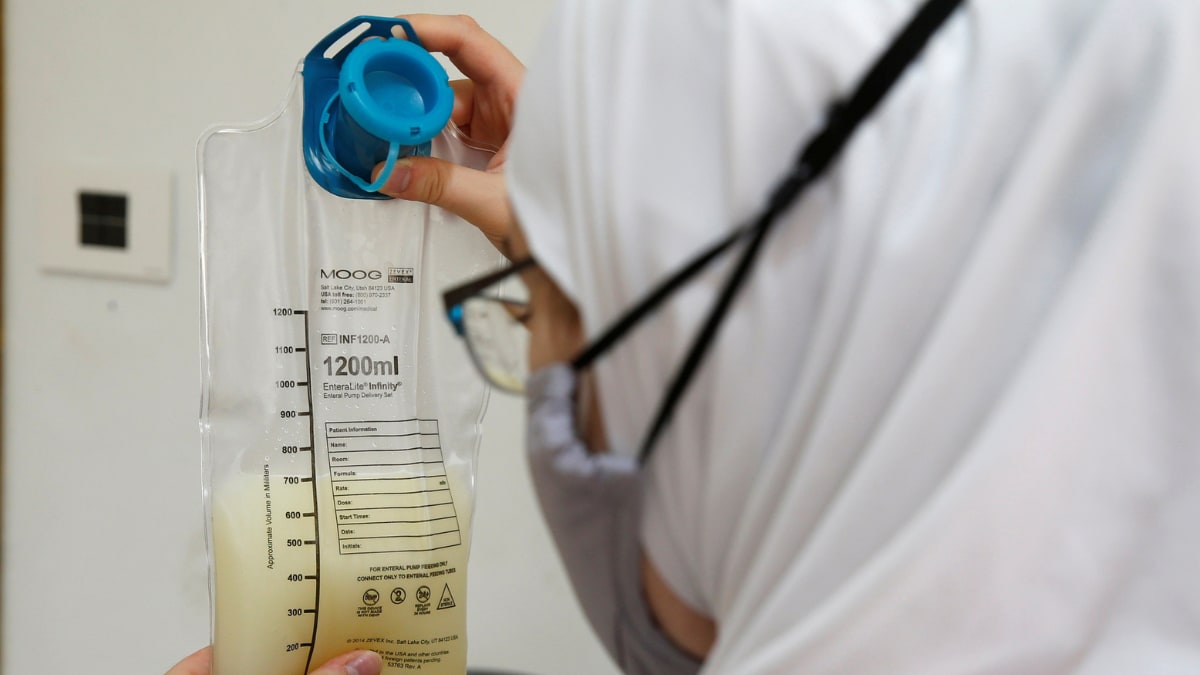Last Updated: September 08, 2023, 11:03 IST
Stephanie Aston suffered from Ehlers-Danlos Syndrome (EDS) is a rare genetic disorder affecting the body’s connective tissue and there are 13 different variants of the condition. (Representative image: Reuters)
Misdiagnosis led to the death of a 33-year-old woman with Ehlers-Danlos Syndrome. Advocates seek awareness.
A young woman hailing from Auckland, New Zealand tragically passed away at her home this month due to a rare disorder, years after a doctor dismissed her illness as imaginary. Stephanie Aston was told that she was faking her symptoms. The 33-year-old lost her battle with Ehlers-Danlos Syndrome (EDS) on September 1.
What happened to Stephanie Aston?
In 2015, a doctor dismissed Aston’s symptoms as imagined, delaying her diagnosis. Her anemia was erroneously attributed to self-infliction. She was accused of stealing needles from the hospital and self-harming through various means, according to The New Zealand Herald.
Instead of receiving medical assistance, Aston was forcibly admitted to the hospital under psychiatric supervision, even losing the ability to perform basic tasks independently. However, in June 2016, New Zealand’s only specialist in EDS diagnosed Aston with classical EDS. The diagnosis was later confirmed by two geneticists from New Zealand.
Subsequently, Aston filed a complaint with the Auckland District Health Board, detailing how the initial misdiagnosis negatively impacted her anemia treatment. She felt her dignity was violated, and her rights were breached due to low hemoglobin levels, which posed a severe risk of death. New Zealand’s EDS community said that is prepared to combat medical mistreatment in Aston’s memory.
What is Ehlers-Danlos Syndrome?
EDS is a rare genetic disorder affecting the body’s connective tissue, with over a dozen different variants. EDS comprises a group of rare inherited conditions that impact connective tissue providing support for the skin, tendons, ligaments, blood vessels, internal organs, and bones.
It can manifest differently in individuals, with some experiencing relatively mild symptoms while others endure excruciating and disabling effects. Various types of EDS result from faults in specific genes weakening connective tissue.
Depending on the EDS type, the faulty gene may be inherited from one or both parents or occur spontaneously in the individual. Only certain rare and severe EDS types can be life-threatening.





